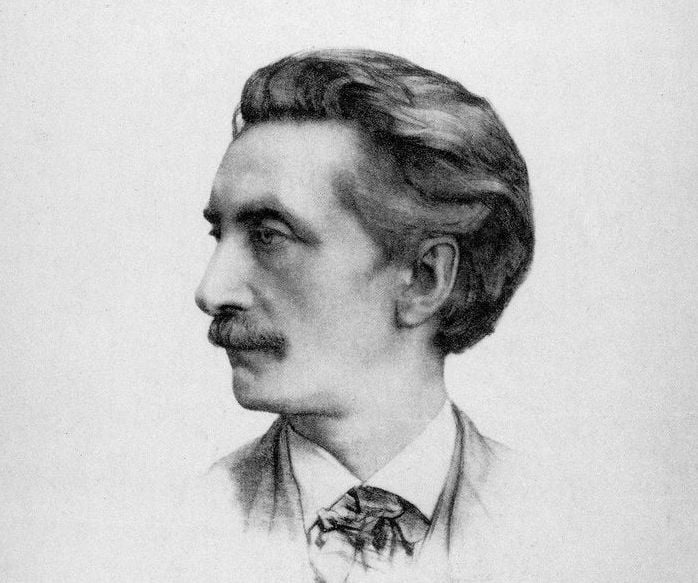The complete change in his mode of living dates from the attempted revolutions of the notorious Sclerus**4 and of Phocas.**5 Sclerus twice raised the standard of revolt and there were other aspirants to the throne, with two parties in opposition to the emperor. From that time onward, Basil’s carefree existence was forgotten and he wholeheartedly applied himself to serious objects. Once the first blow had been struck against those members of his family who had seized power, he set himself resolutely to compass their utter destruction.**6
The Rebellion of Sclerus
5. A policy so drastic, not unnaturally, stirred the nephews of Nicephorus Phocas to bitter revolt. The trouble began with Sclerus, a man who was not only a competent planner, but extremely clever in carrying out his schemes, possessed of vast wealth (no mean asset in one who aimed at a throne), with the prestige of royal blood and of success in great wars, with all the military caste at his side to help on his enterprise.
Sclerus’s attempted coup d’état found considerable support. It was the first of these daring efforts to depose Basil, but the pretender was very confident of victory. He marched against the emperor in full force, with cavalry and foot-soldiers, thinking he had but to stretch forth his hand to seize the Empire. Actually, the heavy-armed infantry had rallied to Sclerus en bloc and the emperor’s advisers, knowing this, at first believed their cause to be hopeless.
On second thoughts, however, they changed their minds and the whole affair took on a different aspect. Despair gave way to courage when in a certain Bardas they thought they had discovered a worthy opponent for the rebel.**7 To them Bardas represented a safe anchorage, a shelter from the storm. He was, indeed, a man of noble birth and great valour, nephew of the emperor Nicephorus. So they entrusted to this Bardas whatever forces still remained. He was made commander-in-chief and sent forth to do battle with the common enemy.
6. Their immediate difficulties were thus overcome, but their new general was no less formidable than Sclerus. He was descended from an emperor. In all probability he would never be content to occupy a subordinate position. So they stripped him of his citizen’s robes and all insignia of royalty, and forced him to enter the Church.
Then they bound him by the most fearful oaths never to be guilty of treason, never to transgress the promises he had made. Having taken these precautions against any ambitious schemes he might entertain in the future, they sent him out with the whole of the emperor’s forces.
Read More about Little Red Riding-Hood part 2








